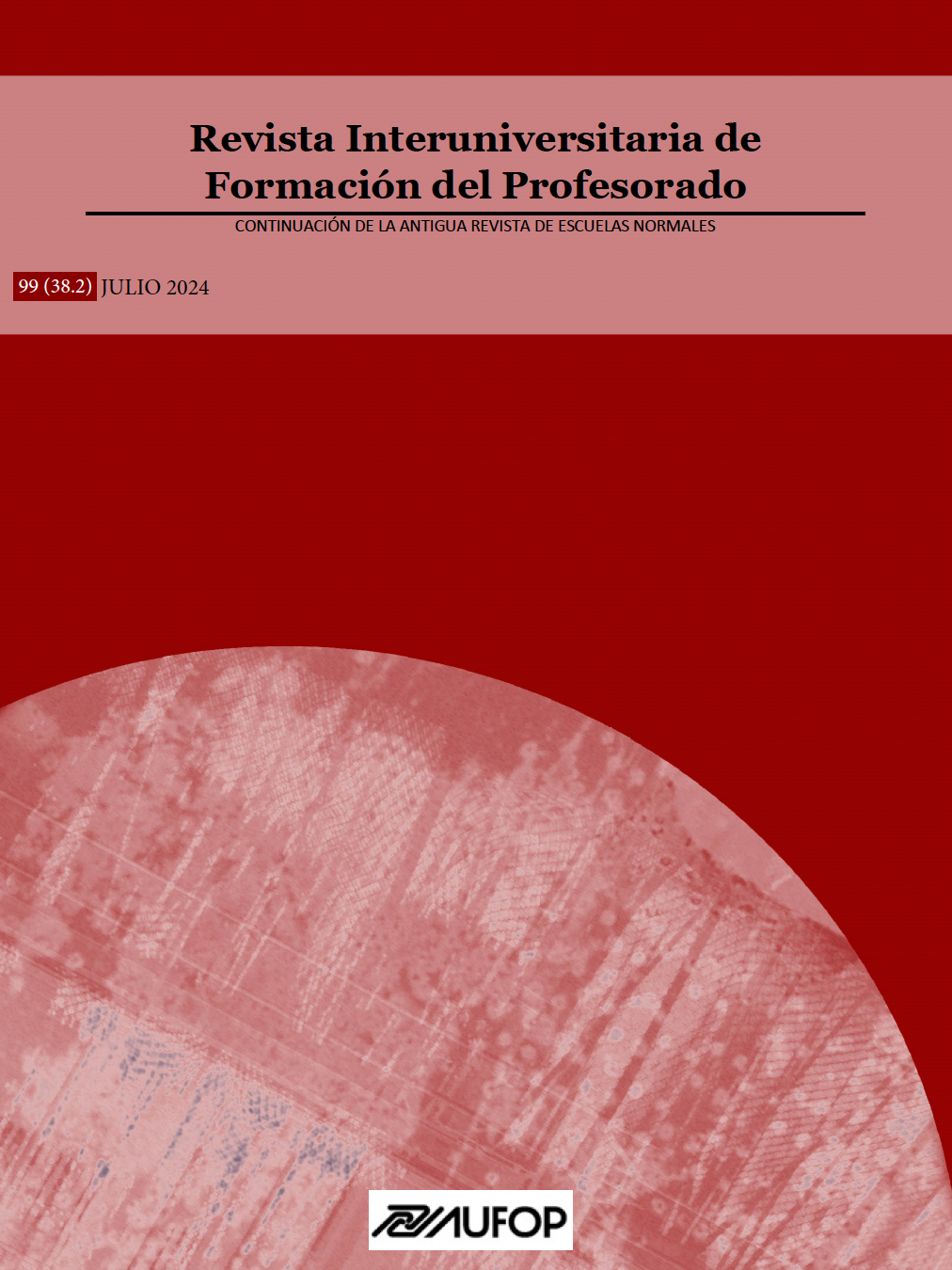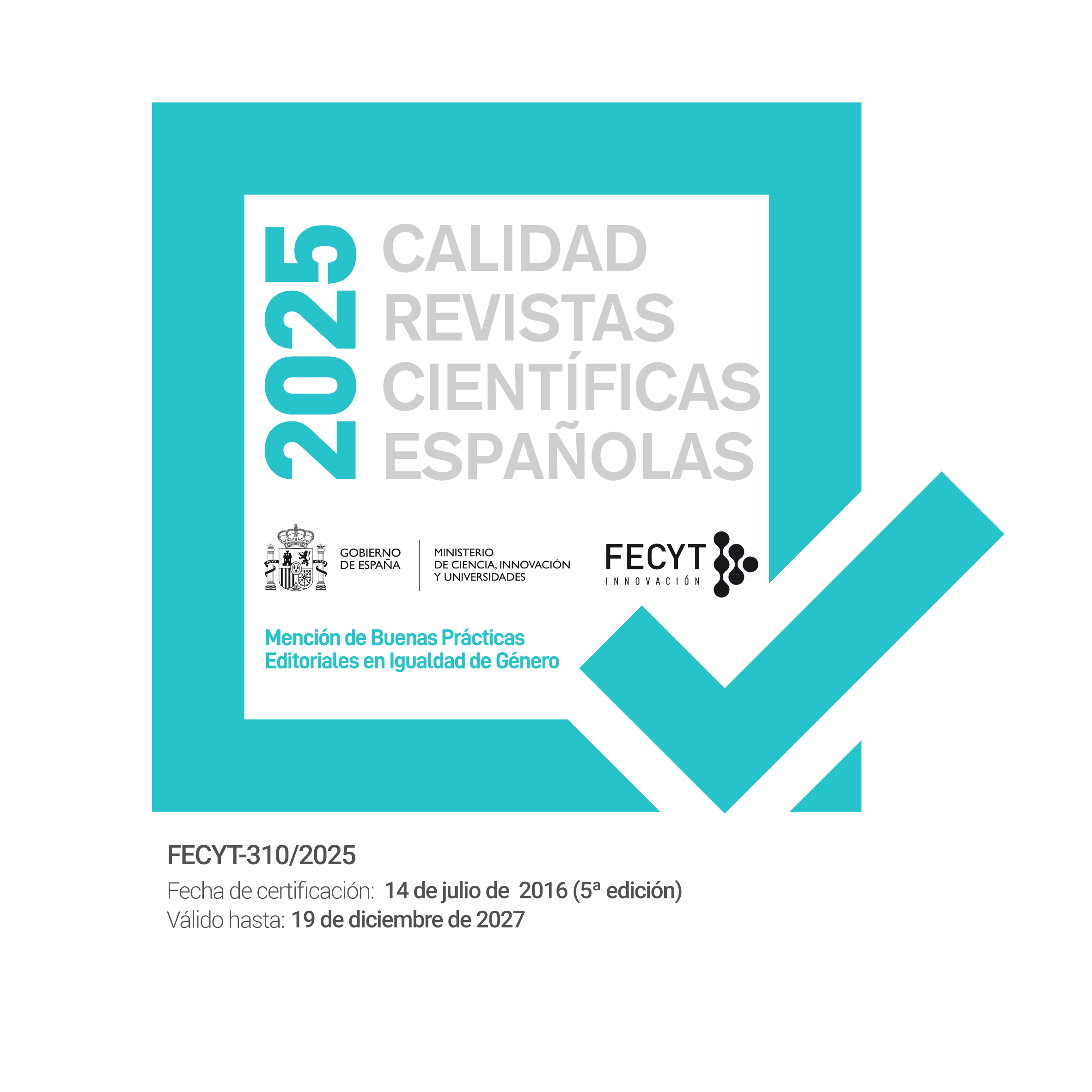Teachers’ discrete emotions: the role of anger on teachers’ self-efficacy
##plugins.pubIds.doi.readerDisplayName##:
https://doi.org/10.47553/rifop.v99i38.2.101116Laburpena
Anger is one of the most commonly experienced emotion during the teaching process, which has significant effects on teachers' levels of burnout, job satisfaction, and emotional exhaustion. In addition, teachers who frequently experience anger also tend to reveal less dedication to the teaching process. In other words, anger can affect teachers' well-being and the educational process, so it is important to examine which issues are associated to experiencing this emotion in the educational context. The goal of the study was to explore the relation of teachers’ anger oriented to students, parents, peers and the educational system with several dimensions of teacher self-efficacy (Instruction, Adapting, Motivating, Discipline, Cooperating and Changes). A sample of 1159 Brazilian elementary and high school teachers participated in this study. The results of the multiple regression analyses showed that anger oriented towards several educational actors has a distinct effect on several dimensions of self-efficacy. In most cases, this relation is negative, yet in some cases positive relations also occur. Taking into account that the professional life of teachers is guided by a diversity of emotions (positive and negative), it is recommended to expand research on teachers' emotions, exploring other emotions directed at educational actors, in addition to anger. This may provide a deeper understanding of the role of emotions in shaping teachers' beliefs about their abilities in various areas of teaching activity, contributing to a better understanding of the relationship between emotions and teacher self-efficacy.
##submission.downloads##
Argitaratuta
##submission.howToCite##
Zenbakia
Atala
##submission.license##
The "Revista Interuniversitaria de Formación del Profesorado (RIFOP)", with ISSN print 0213-8646 and ISSN electronic 2530-3791), adheres to the copyright notices proposed by Creative Commons
Authors’ rights
Papers published in the journal are subject to the following terms:
1. The Asociación Universitaria de Formación del Profesorado (AUFOP) is the editor of the RIFOP and holds the copyright of the papers published therein. The reuse of these is allowed under the license for use as indicated under point 2.
© Asociación Universitaria de Formación del Profesorado (AUFOP)
2. The papers are published in electronic version under the license CreativeCommons Reconocimiento-NoComercial-SinObraDerivada 3.0 España (texto legal). Papers can be copied, used, disseminated, transmitted and publicly exhibited provided that: i) the authorship and original publication source are cited (journal, editors and URL of the paper); ii) they are nit used for commercial gain; iii) the existence and specifications of the license for use are mentioned.
3. Auto-archiving conditions. Authors are allowed and encouraged to disseminate electronic pre-print versions (versions prior to peer review) and/or post-print (versions reviwed and accepted for publication) of their papers prior to their publication, since this favors prompt circulation and dissemination and supposes a possible increase in cites and scope within the academic community.
Privacy declaration
The names and email addresses incorporated into this journal will be used solely for the declared purposes of the journal and will not be available for any other purposes or to third parties.






